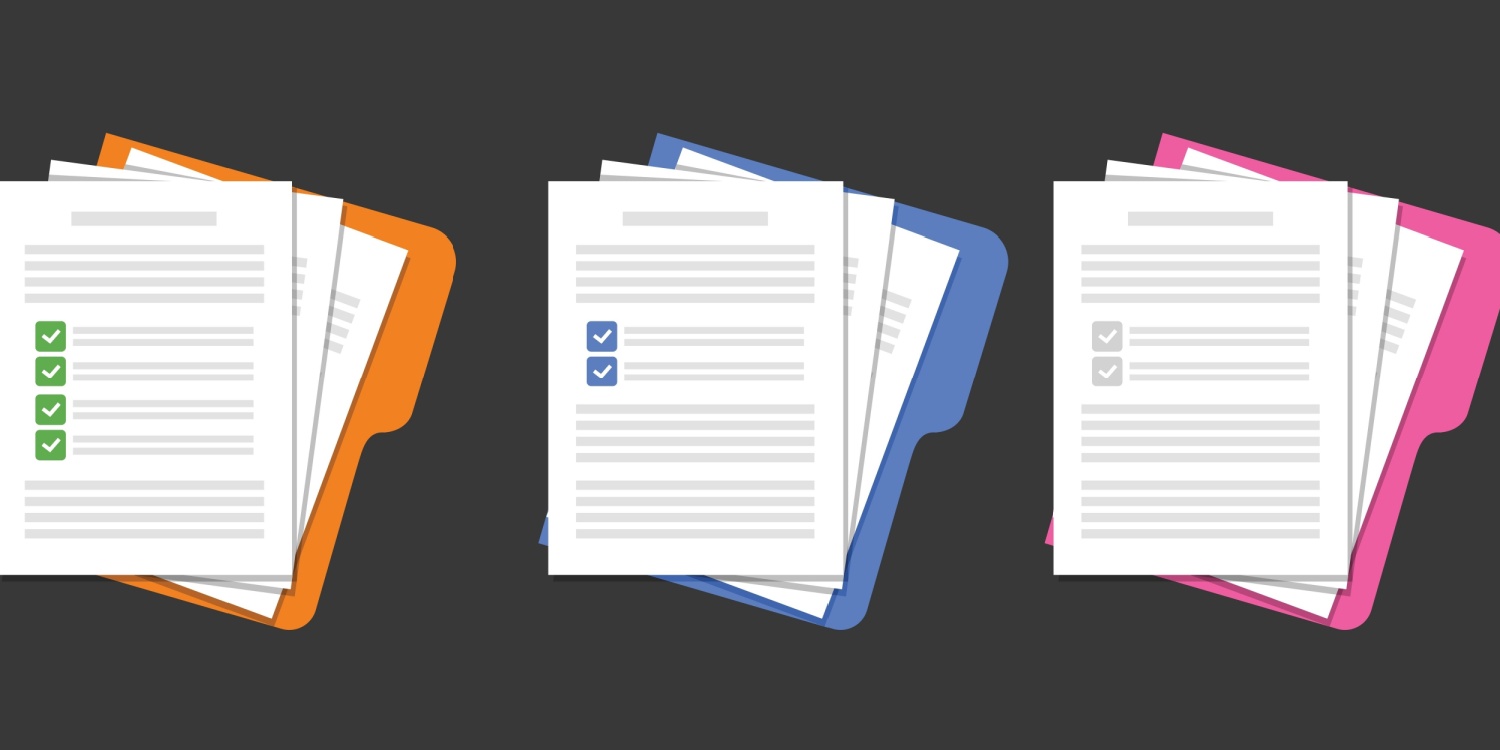Equity and Equality: What’s the Difference?
The words equity and equality both originate from the Latin root aequus, meaning "even," "fair" or "equal." From this root, Latin gave rise to aequitas (which became equity) and aequalitas (which became equality). While the two English terms share a common linguistic ancestor and some conceptual overlap, they carry distinct nuances — even in Latin. [...]









